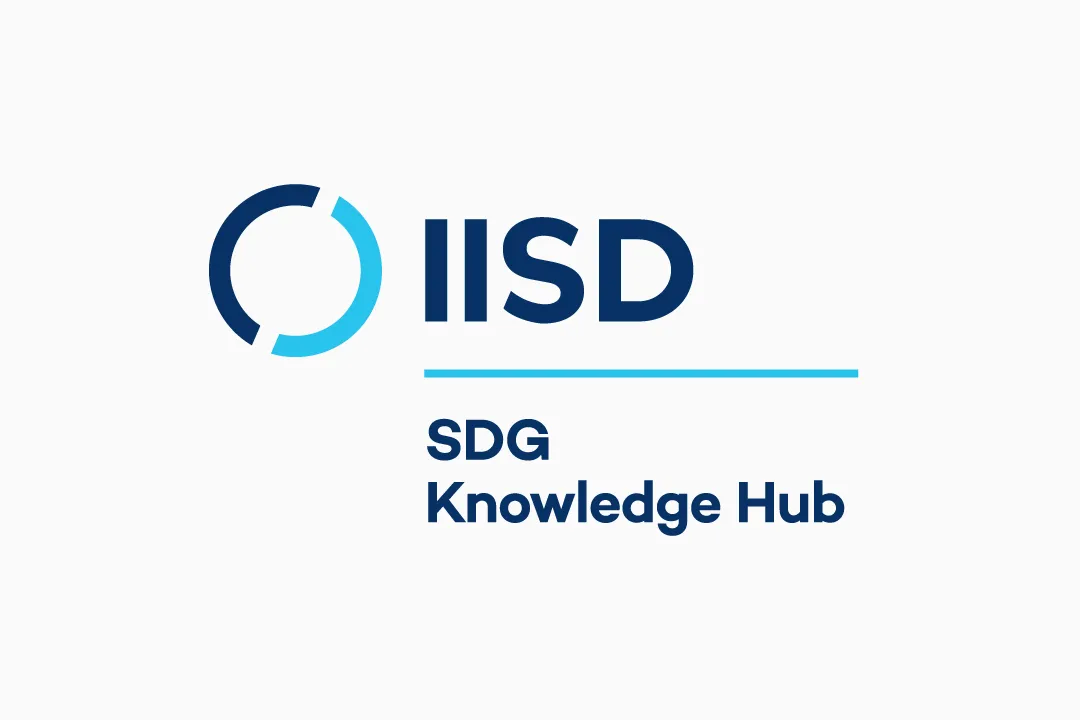 5 January 2016: The UN General Assembly (UNGA) and UN system took action on plans to address large movements of refugees and migrants. In one of its final decisions of 2015, the Assembly adopted a text (A/70/L.34) requesting UN Secretary-General Ban Ki-moon to prepare a report and recommendations on the issue by May 2016, and deciding to convene a high-level plenary meeting at the start of the 71st UNGA session. Ban appointed Karen AbuZayd, US, as his Special Adviser to work with UN entities and consult with Member States and others in the lead-up to the HLM, as well as to oversee the report.
5 January 2016: The UN General Assembly (UNGA) and UN system took action on plans to address large movements of refugees and migrants. In one of its final decisions of 2015, the Assembly adopted a text (A/70/L.34) requesting UN Secretary-General Ban Ki-moon to prepare a report and recommendations on the issue by May 2016, and deciding to convene a high-level plenary meeting at the start of the 71st UNGA session. Ban appointed Karen AbuZayd, US, as his Special Adviser to work with UN entities and consult with Member States and others in the lead-up to the HLM, as well as to oversee the report.
Ban had proposed the high-level meeting during a UNGA session on 20 November 2015.
The high-level plenary meeting is scheduled for 19 September 2016, immediately prior to the General Debate beginning on 20 September. The UNGA President is requested to finalize organizational arrangements for the meeting, including on a possible outcome.
The UNGA decision to convene the HLM followed an announcement by the US that President Barack Obama will host a related summit, on 20 September. Speaking to press following a UN Security Council meeting on 21 December 2015, US Permanent Representative Samantha Power said that in the coming months, the US and others will seek to secure new commitments towards: increased and sustained support for UN humanitarian appeals; greater opportunities for resettlement; and expanded opportunities for refugee self-reliance through access to education, legal employment, and other measures. Power served as Security Council President in December 2015.
Meanwhile, Filippo Grando took over from António Guterres as UN High Commissioner for Refugees (UNHCR), effective 1 January. Grandi is the former head of the UN Relief and Works Agency for Palestine Refugees in the Near East (UNRWA). In a statement on 4 January, he said the Office is navigating “extraordinarily difficult waters” because of the combination of: multiple conflicts and resulting mass displacement; new challenges to asylum; the funding gap between humanitarian needs and resources; growing xenophobia; fewer voluntary returns than at any time in over three decades; people staying in exile for longer periods; and increased politicization of refugee issues in many countries.
In December, the UN called for US$20.1 billion for humanitarian aid in 2016, its largest-ever annual appeal. UNHCR issued guidance for States on dealing with security concerns while maintaining refugee protection, responding to “uninformed and polarized discourse” over refugees, and noting that protecting refugees and national security are “not mutually exclusive.”
UNHCR also released the Mid-Year Trends 2015 report covering worldwide displacement from conflict and persecution from January to June 2015. In addition, on 30 December, it issued an update reporting that, in 2015, 1,000,573 people reached Europe across the Mediterranean, mainly to Greece and Italy, 500,000 of them Syrians escaping war in their country, with Afghans accounting for 20% and Iraqis for 7%. More than 800,000 refugees and migrants came from Turkey into Greece via the Aegean Sea, accounting for 80% of the sea arrivals. At the same time, the number of people crossing from North Africa into Italy dropped slightly, from 170,000 in 2014 to around 150,000 in 2015. People crossing the Mediterranean increased from 5,500 in January 2015 to a monthly peak of over 221,000 in October.
Upcoming events to address refugees and migration include: the Syria Donors Conference, on 4 February 2016, in London, UK, which Ban will co-host with the governments of Germany, Kuwait, Norway and UK; a resettlement conference convened by UNHCR, in March 2016, to gather pledges to resettle people displaced by the Syrian conflict; and the World Humanitarian Summit, in Istanbul, Turkey, in May 2016.
Recent meetings on migration and refugees have included: Observation of International Migrants Day, organized by the International Organization for Migration (IOM), at UN Headquarters on 18 December; Migrants and Cities event and Launch of World Migration Report 2015, organized by IOM and the Permanent Missions of Ecuador and Germany, at UN Headquarters on 11 December; formal meeting of the UNGA on Mediterranean migrants and Syrian asylum skeers, at UN Headquarters on 20 November; informal meeting of the UNGA on response to humanitarian and refugee crisis, at UN Headquarters on 19 November; IOM Conference on Migrants and Cities, in Geneva, Switzerland, in October 2015; Eighth Summit Meeting of Global Forum on Migration and Development (GFMD), in Istanbul, Turkey, on 14-16 October 2015, and High-level meeting on migration and refugee movements, organized by UN Office for Coordination of Humanitarian Affairs (OCHA) and chaired by UN Secretary-General, at UN Headquarters on 30 September. [UNGA Decision on High-level Plenary] [Meeting Summary, 22 December] [UN Press Release, AbuZayd] [Remarks of US Permanent Representative] [UN Press Release, Grandi] [UNHCR Statement] [UN Press Release, Updated Numbers] [IISD RS Coverage of Refugee-related Meetings]

